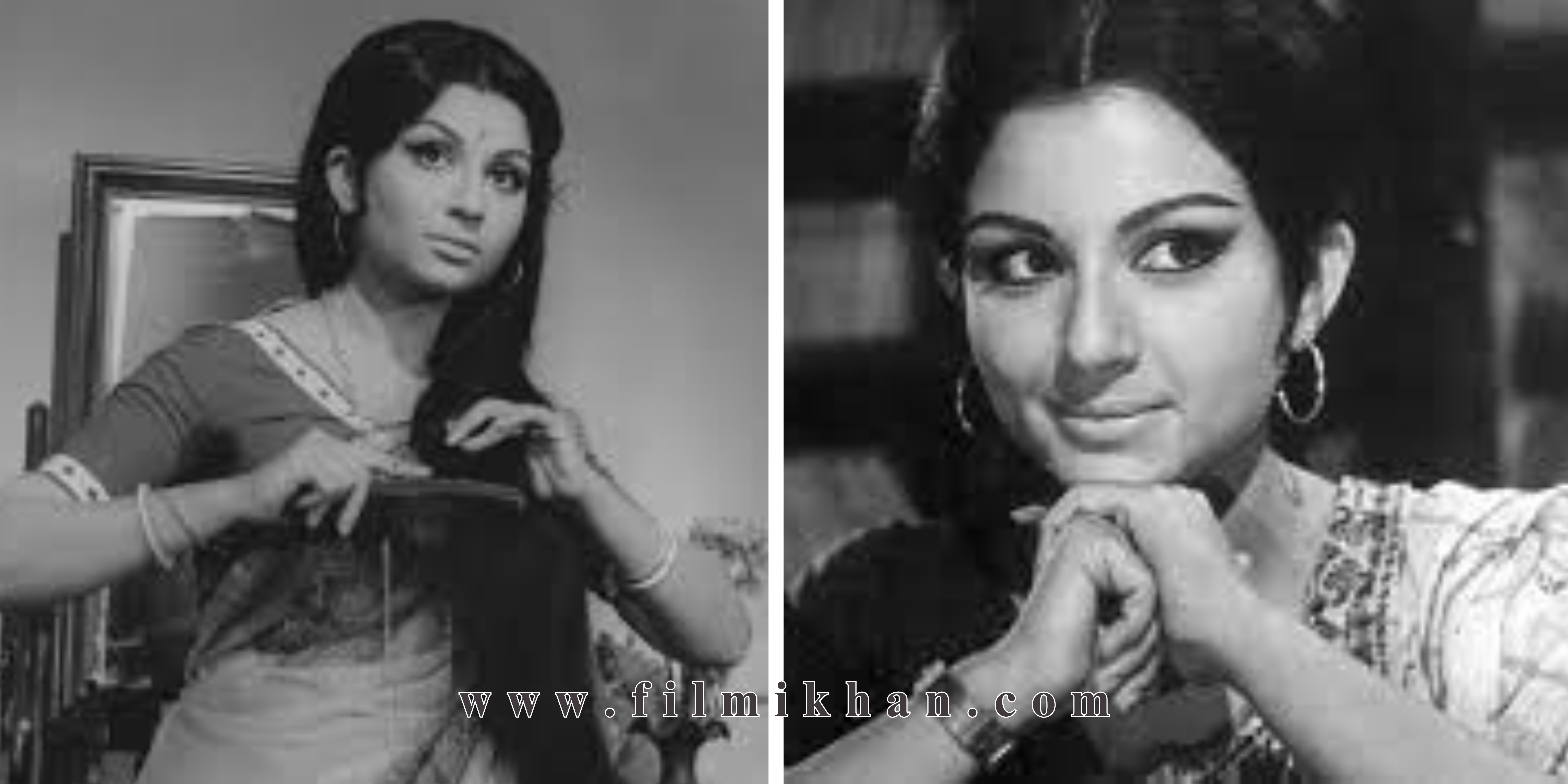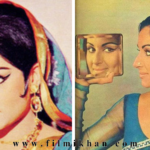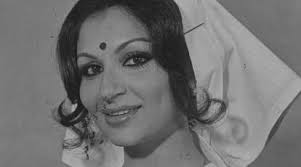
In the tapestry of Indian cinema, certain figures stand out not just for their undeniable talent but also for their ability to leave an indelible mark on the industry. Sharmila Tagore, an iconic actress, epitomizes this rare combination of grace, talent, and enduring contributions to Indian cinema. She was born on December 8, 1944, Cawnpore, United Provinces, British India (present-day Kanpur, Uttar Pradesh), she emerged as a trailblazer in the film industry, making her presence felt in both Bollywood and Bengali cinema.
Early Life and Entry into Bollywood:
Sharmila Tagore, hails from a distinguished family. Her father, Gitindranath Tagore, a general manager in the British India Corporation, and his wife Ira Tagore (née Baruah). Sharmila’s father belonged to the aristocratic Bengali Hindu Tagore family, and were distantly related to the Nobel laureate Rabindranath Tagore, while her mother was of Assamese Hindu descent and hailed from the Barua family. Sharmila chose the world of cinema as her canvas for self-expression. She made her debut at the tender age of 13 in the Bengali film “Apur Sansar” (1959), directed by the maestro Satyajit Ray. However, it was her entry into Bollywood with Shakti Samanta’s “Kashmir Ki Kali” (1964) that marked the beginning of her illustrious career in mainstream Indian cinema.
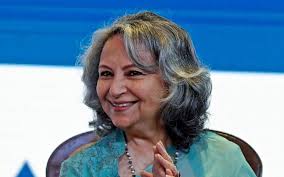
Pioneering Roles and Iconic Collaborations:
Sharmila Tagore’s filmography is a testament to her versatility and willingness to take on challenging roles. Her portrayal of the shy and innocent Dayamoyee in “Devi” (1960) and the vivacious Champa in “Kashmir Ki Kali” showcased her ability to effortlessly switch between diverse characters. However, it was her collaboration with the legendary filmmaker Yash Chopra in “Waqt” (1965) that elevated her status as a leading lady in Bollywood.
The 1960s and 1970s were a prolific period for Sharmila, with memorable films like Anupama (1966), Devar (1966), An Evening in Paris (1967), Aradhana (1969), Chhoti Bahu (1971), Amar Prem (1972), Safar (1970), Amar Prem (1972), Raja Rani (1973), Daag: A Poem of Love (1973), Avishkaar (1974), and the spiritual drama Maalik (1972). The on-screen chemistry between Sharmila Tagore and the charismatic Rajesh Khanna in “Aradhana” became legendary, and the film’s success catapulted her to stardom. Her ability to convey complex emotions with subtlety and grace set her apart from her contemporaries.
During this period, she worked with Bengali film actor Uttam Kumar in several Hindi films, including Nayak, and the bilingual dramas Amanush (1975), Anand Ashram (1977) and Dooriyaan (1979).
She worked with noted film maker and lyricist Gulzar in his romantic drama film Mausam (1975) alongside Sanjeev Kumar. She bagged the National Film Award for Best Actress, and her fourth nomination for the Filmfare Award for Best Actress.
She starred opposite Dharmendra in seven critical and commercial successful films – Devar, Anupama, Mere Hamdam Mere Dost, Satyakam (1969), Yakeen (1969), Chupke Chupke (1975), Ek Mahal Ho Sapno Ka (1975).
She worked with Amitabh Bachchan in Chupke Chupke, Faraar (1975) and Besharam (1978), she paired opposite Shashi Kapoor in Aa Gale Lag Jaa (1973) and Paap Aur Punya (1974).
During 1980s, Sharmila Tagore seen in films such as Kalankini Kankabati (1981), Namkeen (1982), New Delhi Times (1986) and Maa Beti (1986). She reworked with her co-star Dharmendra in the action film Sunny (1984), which was Dharmendra’s elder son Sunny Deol film as a protagonist. Her powerful performance in the film earned her a nomination for the Filmfare Award for Best Supporting Actress.
She played pivotal roles in the Bengali action film Protidan (1983) opposite Naseeruddin Shah, and Mira Nair’s interracial romantic drama Mississippi Masala (1991). She also worked in supporting roles in Ghar Bazar (1998) and Mann (1999).
She worked with her son Saif Ali Khan in his debut film Aashik Awara (1993) and later an action-drama film Eklavya: The Royal Guard (2007), received acclaim from critics. She was seen in supporting roles in the musical romantic film Dhadkan (2000) and the drama Abar Aranye (2003), the latter of which earned her the National Film Award for Best Supporting Actress.
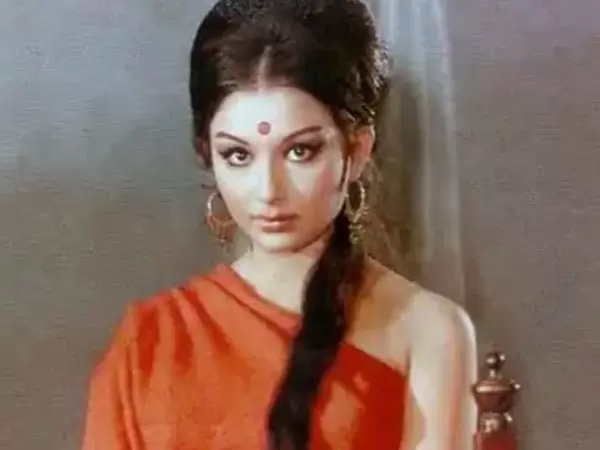
Bridging the Gap: From Hindi Cinema to Bengali Cinema:
While conquering Bollywood, Sharmila Tagore didn’t limit herself to one language or industry. She seamlessly transitioned to Bengali cinema, working with renowned directors like Satyajit Ray, Mrinal Sen, and Ritwik Ghatak. Her performances in films like “Nayak” (1966), “Aranyer Din Ratri” (1970), and “Safar” (1970) demonstrated her commitment to meaningful cinema.
Sharmila’s foray into regional cinema showcased her dedication to her craft and her willingness to explore narratives that went beyond the mainstream. Her collaboration with Satyajit Ray in “Aranyer Din Ratri” particularly stands out, as the film delves into the complexities of human relationships and societal norms.
Championing Change: Off-screen Contributions:
Beyond her on-screen prowess, Sharmila Tagore has been a vocal advocate for change within the film industry. As the first woman to lead the Central Board of Film Certification (CBFC), she played a pivotal role in shaping film censorship policies in India. Her tenure marked a period of liberalization, where a more nuanced approach to content evaluation was embraced.
Sharmila’s advocacy for gender equality and women’s rights has been consistent throughout her career. She has been a part of initiatives promoting education and healthcare, particularly for underprivileged women and children. Her philanthropic work aligns with her belief in using her platform to address social issues and contribute to positive change.
Personal Life:
She had an affair with captain of Indian Cricket team Mansoor Ali Khan Pataudi, titular Nawab of Pataudi and Bhopal. She converted to Islam to marry Mansoor Ali Khan, the couple married on 27 December 1968. They had three children Saif Ali Khan, an actor; Saba Ali Khan, a jewelry designer; and Soha Ali Khan, an actress and TV personality. Mansoor Ali Khan Pataudi died on 22 September 2011 at the age of 70.
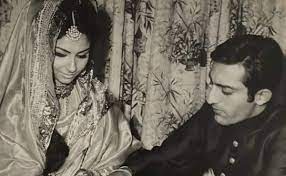
Legacy and Recognition:
Sharmila Tagore’s contributions to Indian cinema have not gone unnoticed. She has received numerous accolades, including the National Film Award for Best Actress for her role in “Mausam” (1975). In 2004, she was honored with the prestigious Padma Bhushan, one of India’s highest civilian awards, for her outstanding contributions to the world of arts and entertainment.
Conclusion:
Sharmila Tagore’s journey in Indian cinema is a testament to her enduring talent, grace, and versatility. From her early days as a teenage actress to becoming a pioneering figure in Bollywood and Bengali cinema, she has left an indelible mark on the industry. Beyond her on-screen charisma, Sharmila’s advocacy for change and her commitment to social causes showcase a woman of substance who continues to inspire generations of actors and fans alike. As we celebrate her legacy, Sharmila Tagore remains a timeless icon in the annals of Indian cinema.


